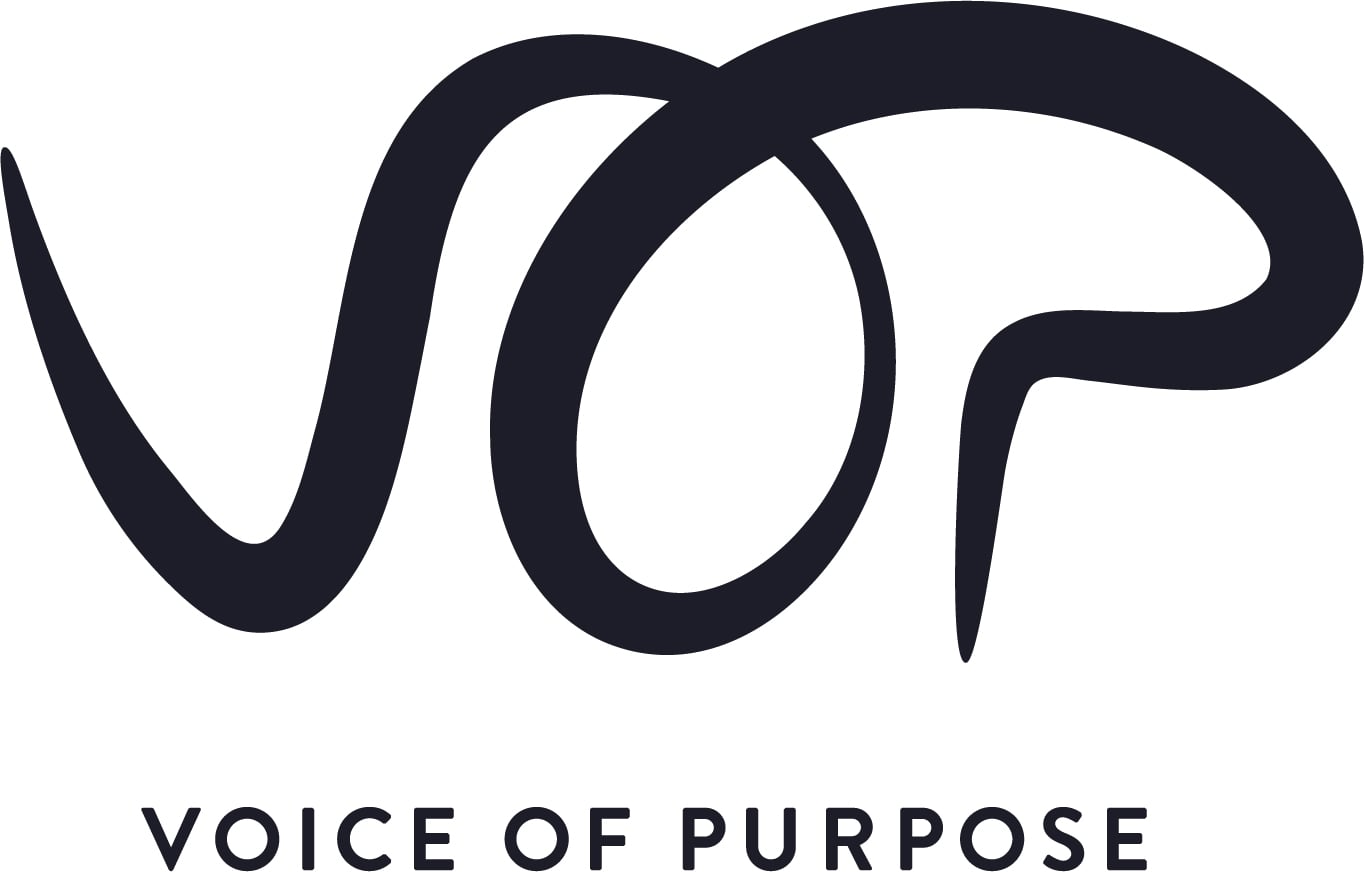The term “decolonization” within the landscape of arts education, has been used to refer to and usher ourselves towards the undoing of colonialism, and its many trickle-down effects. It involves a personal and communal interrogation of the ways in which we have internalized and perpetuated colonial attitudes, behaviors, values, and expectations. If we’re being honest, many arts organizations, system designs, buildings and ecosystems are still very much rooted in the colonialism that they were birthed in, and are no doubt still influenced by it.
“Decolonizing is not flowery, decolonizing means to focus on the human. I think we are at a time when we can push through these policies that just don’t serve the human potential” – Arts Administrator
What’s more unsettling, is that the popularity of the term “decolonization”, sometimes provides an umbrella term for organizations to use as a virtue-signal, without true care or intentions of dismantling for change. In order to truly invite decolonization into the arts education sector, we must take an approach to education, community care and labor-sharing that holistically considers the human experience – not just the experiences of those who have historically been uplifted.
In fact, all members of the arts education community (educators, artists, funders and participants) share this social responsibility of moving away from capitalistic approaches such as: classism, the commodification of emotions/pain, and the farce of true objectivity – we all have biases, it’s time to address and de-platform them. It’s important to ask ourselves: Who is decolonization for? What are some tangible actions towards decolonization that I can take personally, while advocating for at large-scale?
“We might be liberated to do some more of that connection and community building if we weren’t worried about the appearance of dishonesty or total nepotism. Trying to find ways to name the biases or name the goals” – Arts Funder
To adequately serve this expansive community, a true investment of time into learning from and with Indigenous communities is paramount. Transformation of the sector is possible, but it’s going to require an equitable platform, whereby the dominating culture is not the only one left holding the mic and the money.
